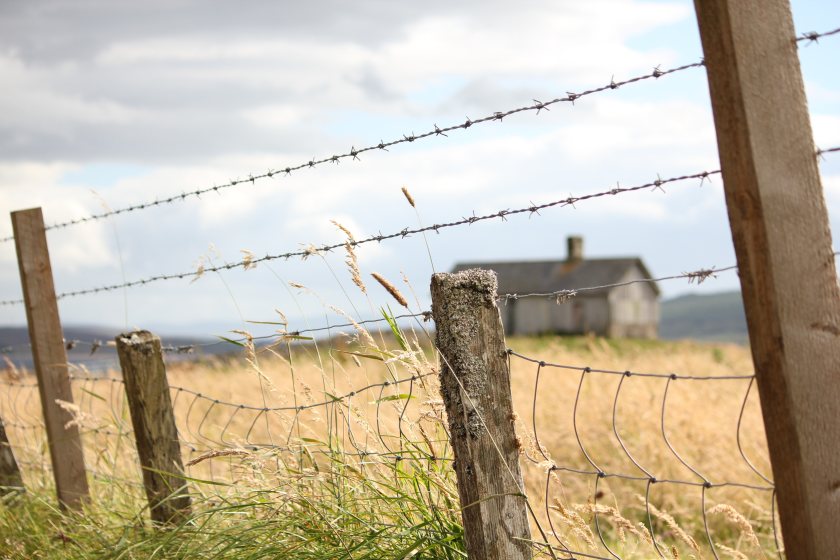Tax reform sparking rural investment collapse, warns business body

Family farms and rural businesses are pulling the plug on millions in investment as tax reforms spark panic across the countryside, according to Scottish Land & Estates (SLE).
The warning follows the publication of a policy paper on 21 July, titled Agricultural Property Relief and Business Property Relief Reforms, which sets out changes due to come into effect in April 2026.
SLE, which represents Scottish rural firms, has criticised the document as showing little understanding of the real-world impact the tax reforms will have on the ground.
Eleanor Kay, senior policy adviser at the group said: “We know that investment in farming infrastructure is being cut, all kinds of plans are being put on hold and even sales of machinery are significantly down, since this policy was announced. This is mirrored in other rural businesses eligible for BPR.”
She said there had been no consultation prior to the original policy announcement and that the government now appeared to be completely dismissing the concerns raised by rural stakeholders since then.
“It is astonishing that there has been no proper impact assessment of how the legislation, particularly changes to Business Property Relief, will affect not just the farming sector, but a range of other rural businesses,” she added.
SLE also raised serious concerns about the lack of an official impact assessment to support the proposed reforms.
The rural organisation said that, without this data, the government’s assumptions about the consequences of the changes lack credibility and are not evidence-based.
It further criticised the absence of transitional arrangements to support older farmers who have not yet handed down their farms to the next generation.
SLE noted that such farmers may be disproportionately affected and left with few options under the proposed rules.
The organisation expressed alarm that the government appears to have ignored multiple sector reports — including its own official data — which show that many farms are already operating on very tight margins and experiencing falling average revenues.
It warned that there is also a fundamental lack of awareness in the policy paper of how these tax changes could affect the UK's domestic food security.
The government should be prioritising high-quality, homegrown produce to reduce dependence on lower-quality imports and cut down food miles, SLE said, but that the policy appears to work against those aims.
The body rejected the government’s claim that the policy is “not expected to have a significant impact on family formation, family stability or family breakdown”.
It said this view ignores widespread warnings from across the farming industry about increased stress, anxiety and mental health problems as a result of the reforms.
In addition, the policy paper makes no distinction between the market value of a farm and its value for inheritance tax purposes — an issue previously raised by the Central Association of Agricultural Valuers (CAAV).
Ms Kay said the consequences of these reforms will be felt for decades: “These tax changes will have a profound impact on the rural sector for decades to come.”
“For years we have called for mandatory rural impact assessments to ensure policy decisions are made with proper consideration for their impact on rural communities. This is a prime example of how badly things can go wrong without such an assessment.
“There is still time for the government to make sensible adjustments to this policy so that it avoids considerable damage to working farms. We urge them to listen to rural businesses and prevent the loss of millions of pounds of investment.”
The reforms to Agricultural Property Relief and Business Property Relief are set to be implemented on 6 April 2026. Rural groups continue to press for changes before the legislation is finalised.








